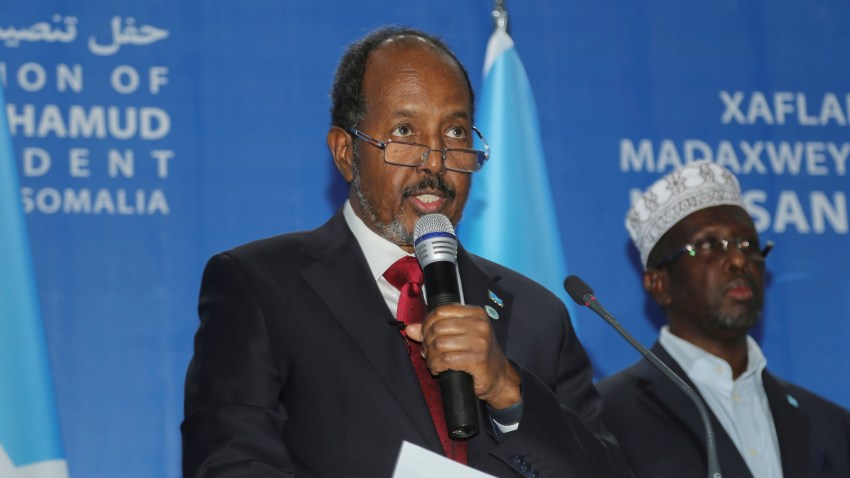The story is all too familiar for Somalia: After a brief period of high expectations and progress following the election of a new president, formidable obstacles catch up with the country. The second term in office of President Hassan Sheikh Mohamud—who served his first term from 2012 to 2017 before winning the presidency again in May 2022—has been no exception. The war against the Islamist militant group Al-Shabaab has stalled. The drawdown of the African Union peacekeeping mission is raising concerns about the Somali army’s ability to take over responsibility for security. And political and clan rivalries are hindering the government’s state-building ambitions.
Somalia’s many challenges include zero-sum politics, rampant insecurity, massive humanitarian needs and an extreme vulnerability to climate shocks. To address these problems, Hassan Sheikh’s government urgently needs to develop long-term policies and set realistic objectives. But consumed by the war against Al-Shabaab, it has thus far struggled to do so. Instead it has focused more on overly ambitious short-term security goals, in part because it probably believes that is what its international partners, on which Somalia is still heavily reliant, want to hear.
An Ambitious War Against Al-Shabaab
Hassan Sheikh, like multiple Somali presidents before him, faces a difficult balancing act trying to build state capacity while waging war against Al-Shabaab. Shortly after returning to the presidency, he launched a military offensive in central Somalia, pledging to eradicate the powerful Islamist militant group by the end of 2024. The offensive capitalized on growing anger among local clans at Al-Shabaab’s harsh taxation and recruitment of young fighters, with the government giving clan militias ammunition and other support if they joined the fight against the insurgency. Aided by U.S. drone strikes, government forces and clan militias did manage to push Al-Shabaab fighters out of swathes of central Somalia.

